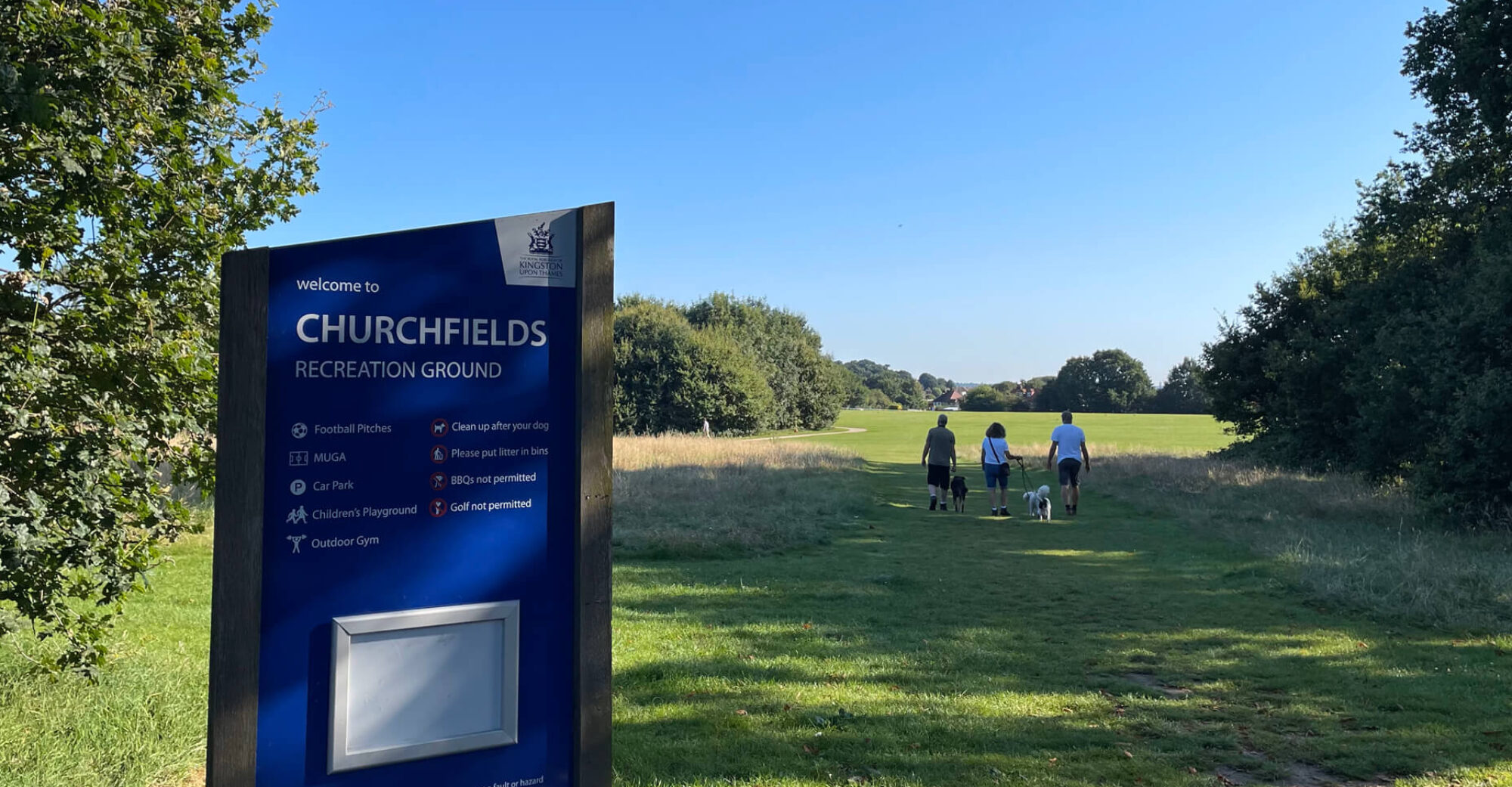Whether it’s guidance on reporting a crime, understanding local services, or protecting yourself from fraud, you’ll find practical advice and useful tips for everyday life.
Digital Voice switchover and its implications
We are starting to see the roll-out of converting your landline phone from analogue to digital voice technology VoIP (Voice…
Shared ownership – get independent legal advice
Considering shared ownership to get onto the property ladder? Ensure you seek good, independent advice from solicitors with extensive knowledge…
Fraud Prevention Advice
Thanks to our Safer Neighbourhoods Team for providing this very useful and informative advice on fraud prevention. Door-to-door sales fraud Door-to-door scams…
How to report antisocial behaviour
What is antisocial behaviour Antisocial behaviour refers to actions that cause harm, distress, or alarm to others in the community. It…
How to report a crime
Call 999 in emergency situations like these There is an immediate danger to life. Someone is using violence or is threatening to…






